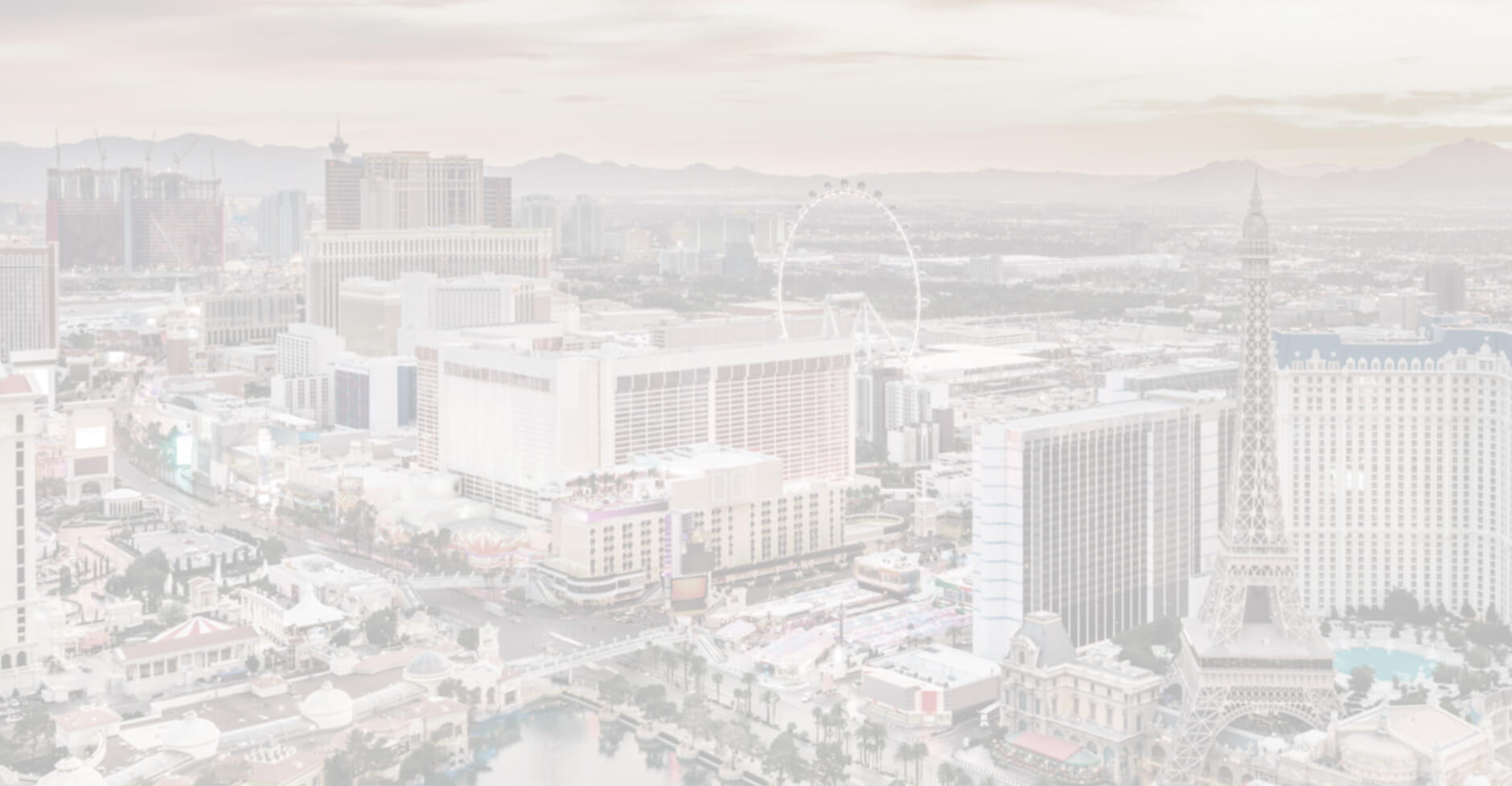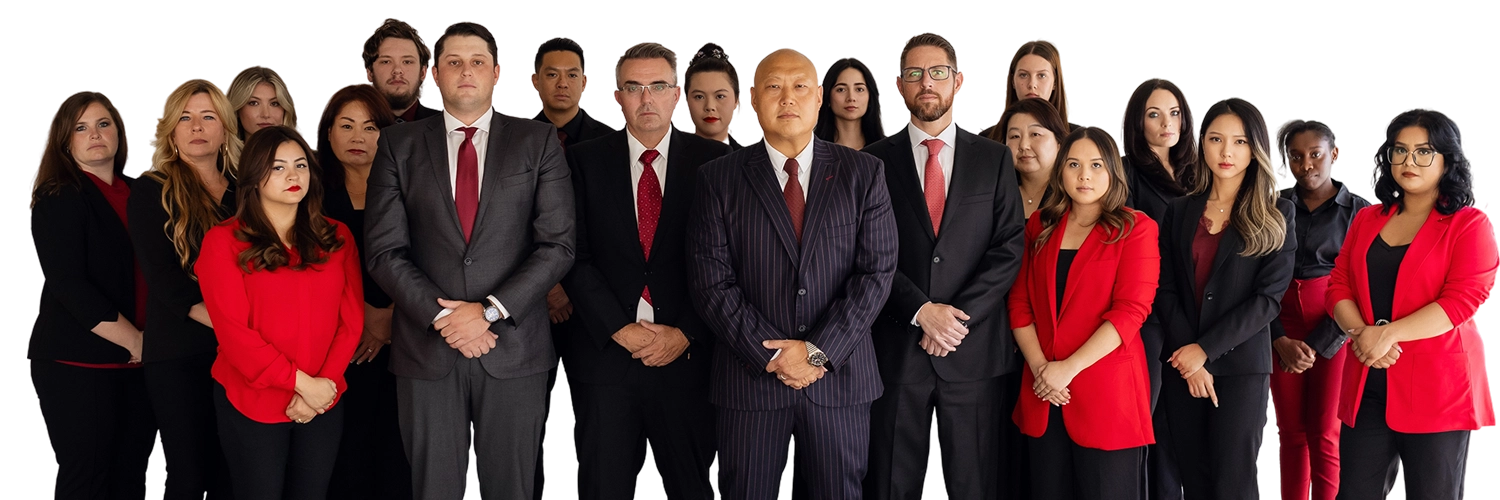Verdicts & Settlements
about us
Las Vegas Personal Injury Lawyers Ready to Fight for You!
Don’t hesitate to reach out to our Las Vegas personal injury lawyers if you’re seeking recovery from injuries and other physical, emotional, and mental issues resulting from someone else’s reckless actions. With decades of combined legal experience, we are confident in our ability to help you seek compensation for your injuries. Don’t let mounting medical expenses, lost wages, collecting damages, and negotiating with hard-to-work-with insurance companies overwhelm you and your family members. Put your trust in our firm to help you recover fair compensation from negligent parties. Our firm works on a contingency fee basis which means that there is no fee until we win!
Our team of personal injury attorneys will address your legal concerns so that you can focus on healing and caring for your loved ones. Our law firm has represented thousands of Las Vegas residents and helped them recover damages from serious accidents. You can feel confident working with our aggressive litigators as our team has recovered millions of dollars for victims and their loved ones. Get your FREE initial case consultation* with our firm today by filling out our online contact form or by calling (702) 333-4223.
*Some Employment Law Cases Excluded
Top-Rated
Beyond Our Personal Injury Cases in Las Vegas
In addition to the multimillion-dollar verdicts and settlements we’ve obtained for our Las Vegas personal injury clients, our employment attorneys have also secured favorable results for Clark County, Nevada residents suffering from harassment and discrimination in the workplace and at college.
We design targeted strategies for students and employees so they receive justice after enduring hostile environments at school or work. You can trust our attorneys to handle your claims with the discretion and compassion these personal matters require. Wondering if you have a discrimination or harassment case? Call our firm today for an initial consultation.
Contact us todayFrequently Asked Questions
The value of every case differs and depends on many factors. Some of the more common ways to value your case is to calculate the economic and non-economic damages incurred in your accident. Economic damages are damages such as medical bills, lost time and pay at work, medications, therapies, and other things you can put monetary value on. Non-economic damages are damages such as loss of enjoyment or consortium, pain and suffering, and other injuries that don’t have immediate monetary value. Working with an experienced injury attorney can help you calculate how much your case may be worth and help you maximize your compensation.
While it’s not always necessary to have a lawyer represent you for minor fender benders and other accidents where injuries are not present, having an attorney help handle your case can ensure you are treated fairly by insurance companies and the other parties involved in your case. It also can help ensure you receive a fair settlement for your injuries and other losses.
The personal injury legal category is often an umbrella term and can relate to many different case types. Th injury attorneys at Ace Law Group handle motor vehicle accidents involving cars, trucks, motorcycles, pedestrians, bicyclists. We also handle slip and fall cases, premises liability cases, and other injury cases. To see a full list of cases our firm handles, you can visit our practice areas page.
Client Testimonials
Award-Winning Legal Representation Exceptional Results
news
Our Blog
How Does One Calculate the Value of a Car Accident Claim?
Jan 11 , 2024
Under Nevada law, a car accident victim may seek compensation from the negligent driver or other responsible parties whose actions caused injuries. Unlike states...
Read more
Workplace Surveillance: Balancing Security and Employee Privacy Within the Law
Jan 10 , 2024
Privacy is an ever-evolving concept in a society where people are increasingly spending much of their day online. Yet we all still have some...
Read more
Navigating Remote Work Policies: Legal Implications for Employers and Employees
Jan 9 , 2024
Since the COVID-19 pandemic, Nevada employers and employees alike have continued to struggle with remote work policies. Even as more companies “return to the...
Read more
Contact Us
Arrange Your Free Personal Injury, Harassment Or Discrimination Claim With Ace Law Group By
Calling us at
or completing our online intake form not including Employment Law Cases
*Some Employment Law Cases Excluded

